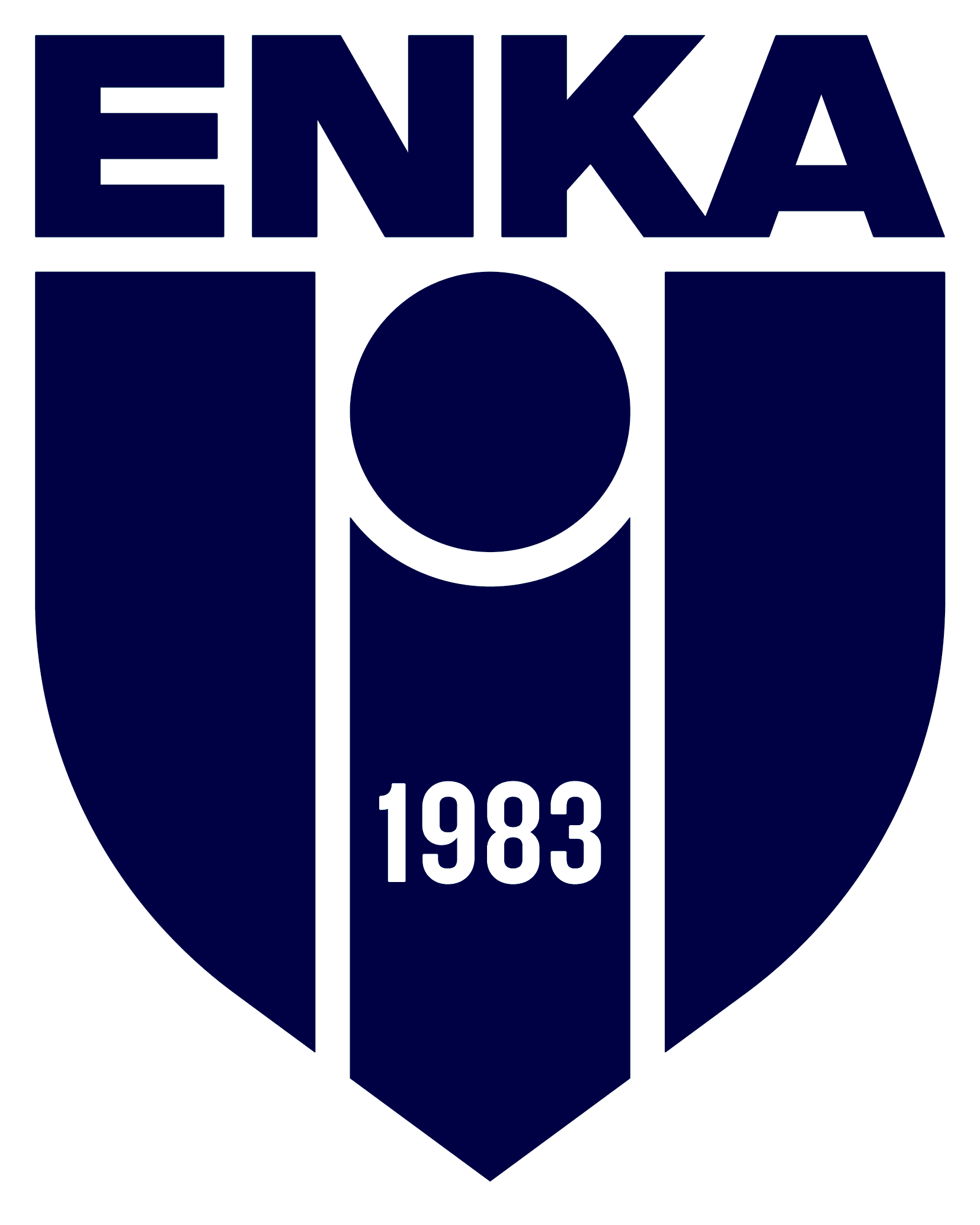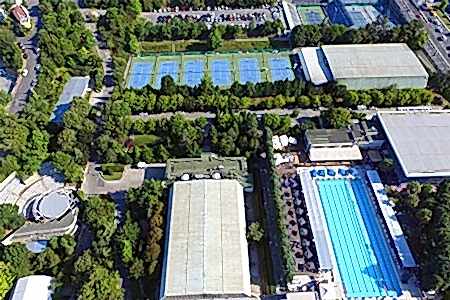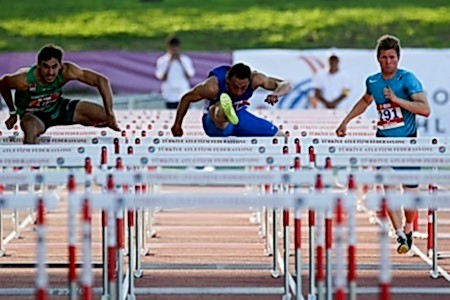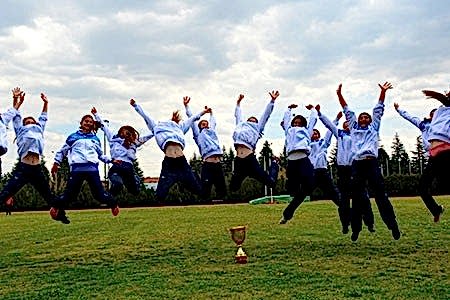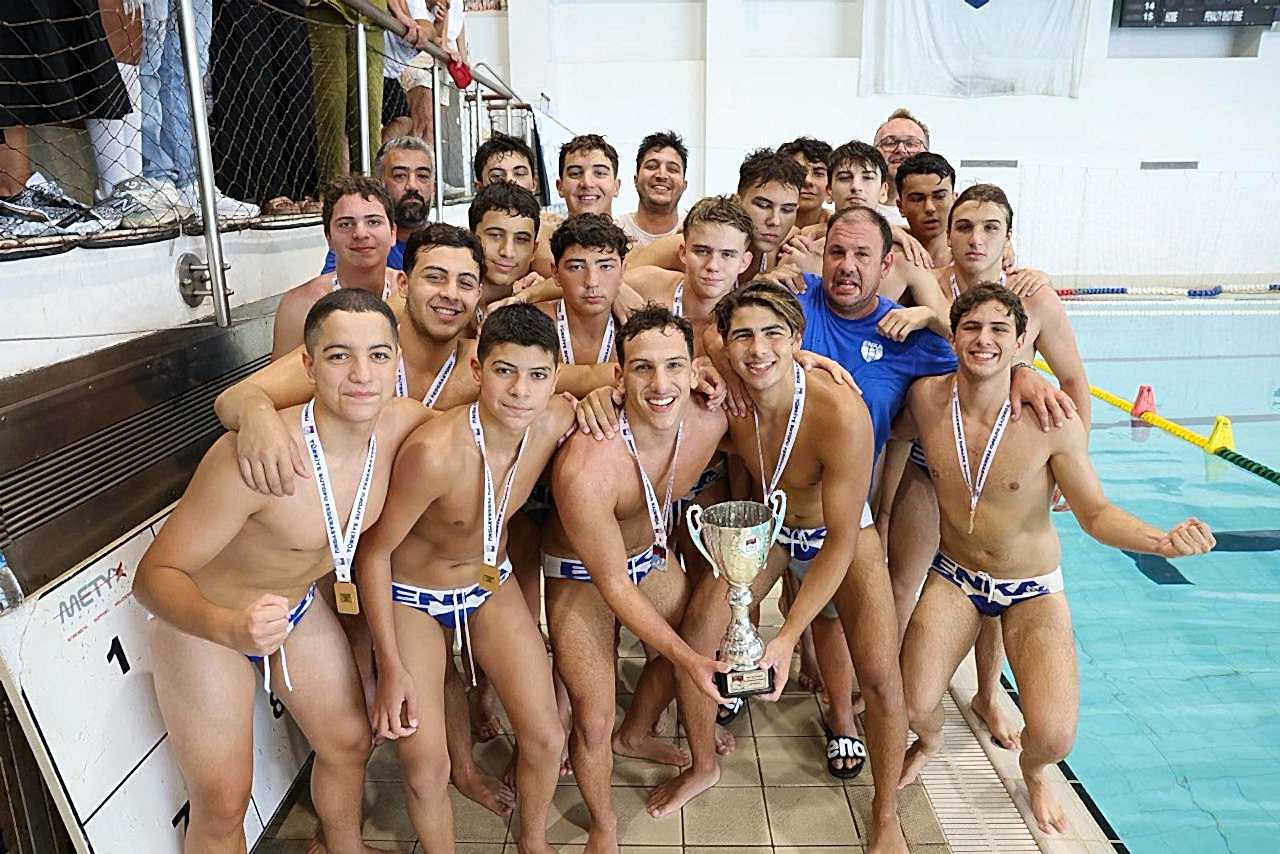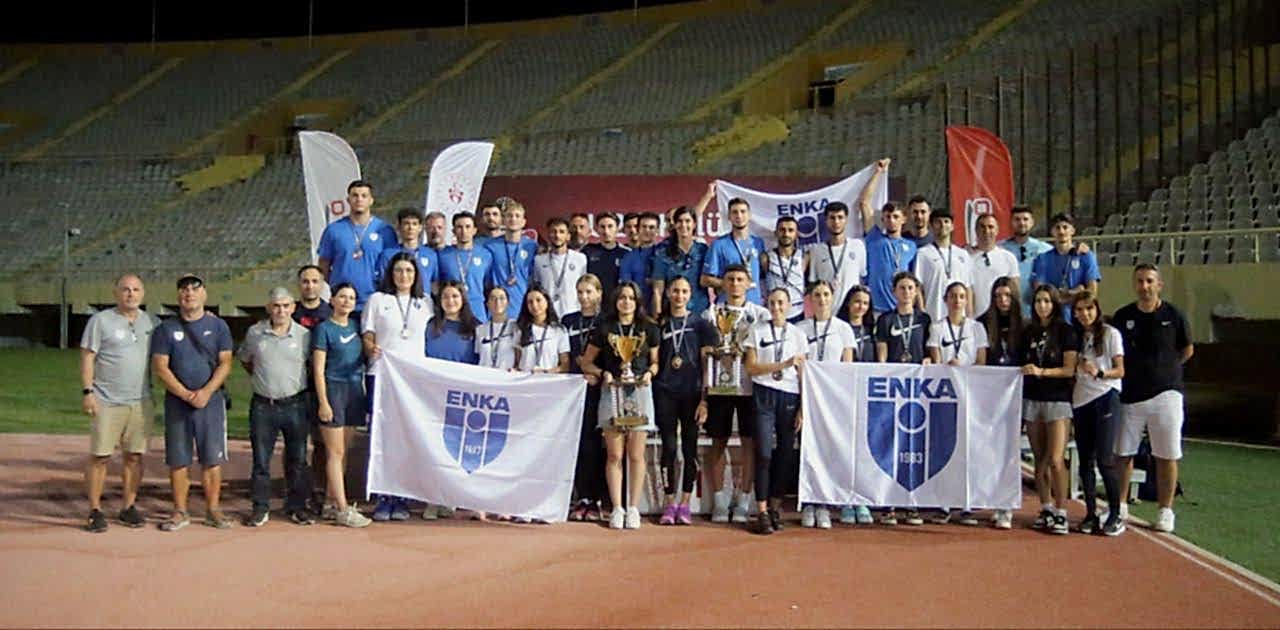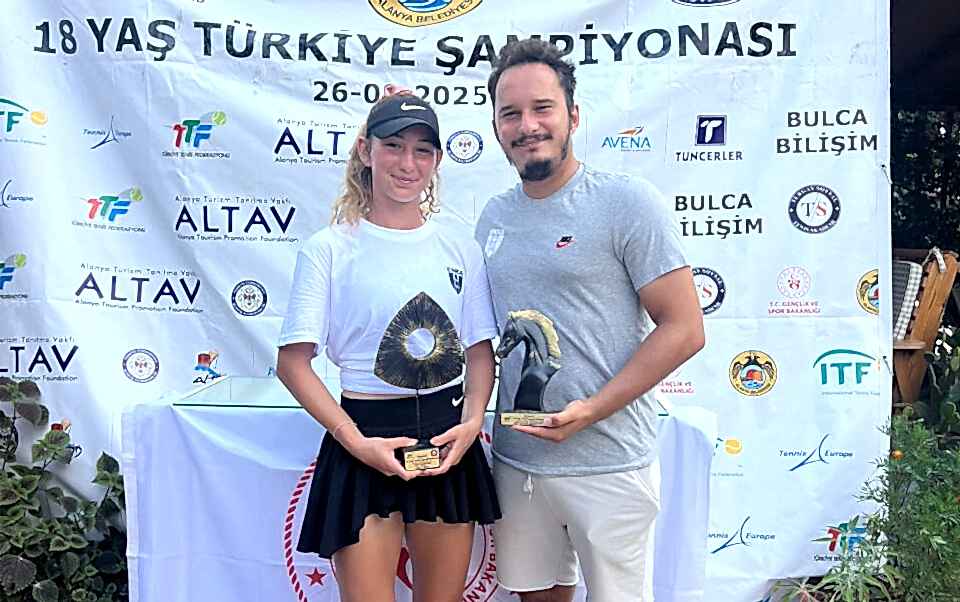ENKA Sports Club continues its hard work on anti-doping by introducing it as a section on its website. This section will feature information on doping, the main issues in anti-doping work, international rules and organisations, recent developments in Turkey and around the world, the list of banned drugs as well as questions from readers and explanations on issues they will propose.
Click here for the WADA Banned list effective from 01 January 2022!
Until 1999, the issue of doping was under the jurisdiction of various commissions and sub-commissions of the International Olympics Committee (IOC). At the IOC-led 1st World Conference on Doping in Sport held in Lausanne in 1999, the proposal to establish an institution to identify and implement anti-doping policies was accepted and the World Anti-Doping Agency (WADA) was founded. Following the establishment of the WADA, intensive international work and negotiations a series of decisions were accepted. These were called the World Anti-Doping Rules and put up for the signature of governments under the title Copenhagen Declaration during the 2nd World Anti-Doping Conference held in Copenhagen in 2003.
The support of international federations and national Olympic committees for the Copenhagen Declaration was made mandatory. Turkey signed the declaration on April 8th 2003 and by September 2005, 181 countries had signed it. The rules, which gained a global character from March 2003 onwards, base their anti-doping approach on education and doping controls during and outside of competitions.
From March 2003 onwards, countries began to use their existing anti-doping institutions, or their newly formed “national anti-doping agencies” to exercise the rules. Work started on providing constant and interconnected training to all relevant parties and target audiences (athletes, trainers, sports managers, other sports professionals such as doctors, physiotherapists, nutritionists, masseurs etc., students and media workers) on anti-doping organisations and policies, doping and drugs in sports, international rules, roles and responsibilities, sample collection procedures and punishment. Testing began on athletes during competitions and outside of competitions (without notice), which continues to this day. In Turkey the Anti-Doping Board of Turkey continues anti-doping work domestically, runs training activities, which it aims to make systematic, and concentrates especially on measures that will make tests carried out without notice outside competitions reach the desired level.
The most commonly encountered doping violations in sports are:
- Use of banned substances that improve sportive performance,
- Use of agents that speed up the discharge of banned substances from the body or cover them against identification,
- Avoiding or refusing to provide samples,
- Having someone other than the athlete called up take the test,
- Various ways of changing or manipulating samples,
- Not taking tests.
The ambition to become successful easily and quickly, the desire for fame and economic gain unfortunately result in the propensity to artificially enhance performance (to dope). This behaviour, which runs completely counter to ethics in sports, violates the principle of competition on equal grounds. Depending on the type of substances used, side effects can be very negative on the bodily and psychic health of athletes and could lead even to death.
Another important point concerns the uninformed use of medicine. How many of us have never taken medicine upon the advice of friends and family, not even once? Medicines are goods which consist of or include chemical that are used for treatment. However all medicines have side effects which may be weak or strong, depending on the person. The uninformed use of drugs is very common among athletes and many use medicine upon the recommendation of their friends and colleagues. While this is very risky in terms of overall health, for athletes it leads to the secondary issue of doping tests. We advise athletes at every level, parents of children who practice sports, trainers and sports managers to be very careful about this issue and to never take medicine without medical expert advice and to prevent those athletes who may do so.
Our aim should be to determinedly pursue anti-doping policies in keeping with ongoing anti-doping work around the world, to constantly educate all relevant parties and the public at large, to make tests more widespread, to support scientific work on the issue, to revise the legislation on anti-doping activities in line with international rules and to ensure that all of these activities take place within an institutional framework. It is also necessary for top athletes to accept that anti-doping rules (for example, testing outside of competitions) are among the most basic rules of the sport they play.


